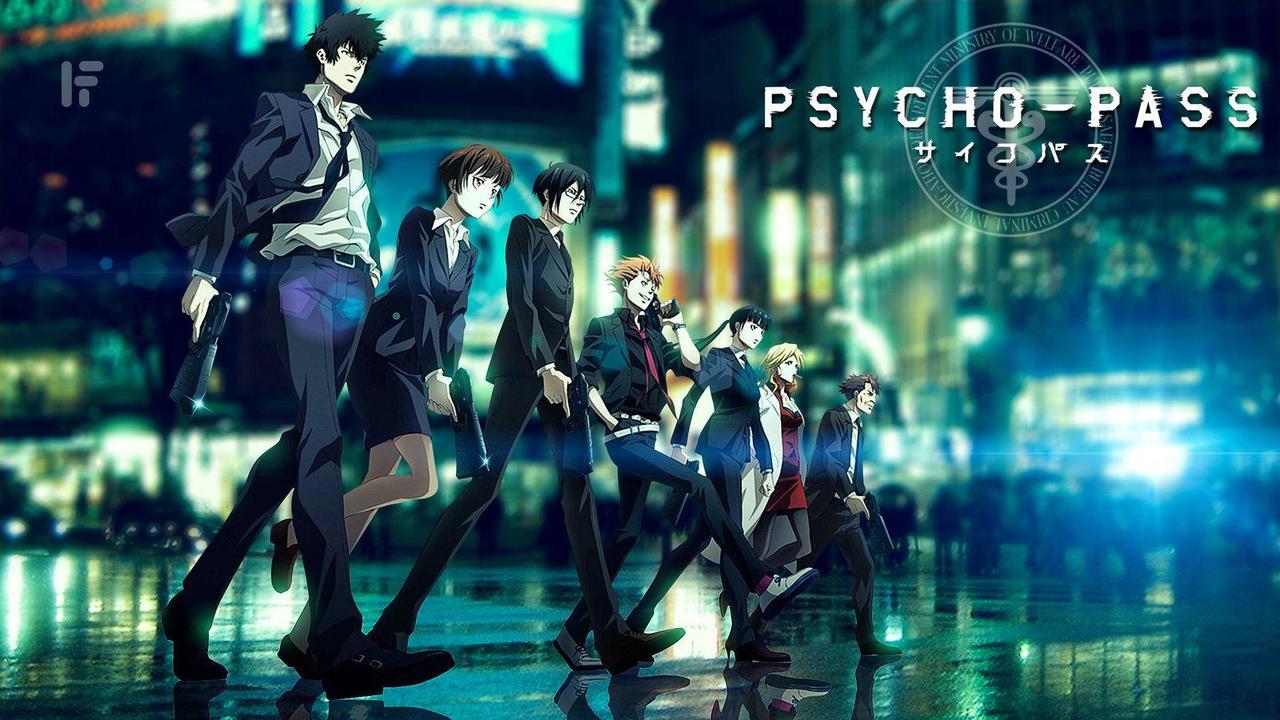Serial Experiments Lain is a groundbreaking anime series that first aired in 1998. Its unorthodox storytelling, filled with layers of meaning, has captivated audiences for decades. The plot centers around Lain Iwakura, a teenage girl who becomes immersed in the world of the virtual network called the Wired. As she navigates her fragmented existence, the series tackles themes such as identity, reality, and connection in the digital age. The enigmatic nature of the storytelling prompts viewers to reflect on their own perceptions of reality and society’s relationship with technology.
The Nature of Reality
One of the central themes of Serial Experiments Lain is the exploration of reality versus virtuality. The series frequently blurs the lines between these two realms, compelling viewers to question the nature of their own existence. Lain’s interactions within the Wired often lead her to confront her own identity and the role technology plays in shaping it. This theme resonates deeply in today’s world, where the internet continuously alters our perceptions and influences how we communicate and connect with others. The abstract and intertwining storylines challenge the audience to identify what is real and what is merely a construct of the mind or technology.
The Role of Isolation
Isolation is another prevalent motif within Serial Experiments Lain. Despite the vast connections offered by the Wired, Lain finds herself feeling more isolated than ever. Her journey illustrates the paradox of connectivity – while technology enables communication, it can also enhance feelings of loneliness and disconnection. The series serves as a reflection of a society where deeper connections are often sacrificed for superficial interactions. As viewers witness Lain’s transformation from an introverted girl into a more assertive figure within the Wired, they are prompted to consider their own experiences of isolation in a hyper-connected digital world.
Symbolism and Cryptic Messaging
The storytelling in Serial Experiments Lain is filled with symbolism and cryptic messages that add layers to the viewing experience. From recurring motifs such as the use of the number 13 to the enigmatic character of the “God” within the Wired, every detail is meticulously crafted to provoke thought and discussion. The narrative structure often presents a non-linear approach, mirroring the chaotic nature of the internet. Fans often turn to platforms such as the “Serial Experiments Lain Shop,” where merchandise and discussions about the series take place, to delve deeper into its obscure elements. These resources provide an opportunity for viewers to engage with the material on a more analytical level, sharing theories and interpretations that enhance the communal experience of decoding Lain’s multifaceted story.
Impact on Anime and Beyond
Serial Experiments Lain’s innovative approach to storytelling has left an indelible mark on anime and popular culture. It defied conventional narrative techniques, opening the door for future creators to explore experimental formats and themes in their works. The profound questions it raises regarding technology and society are as relevant now as they were at its release, especially in a rapidly evolving digital landscape. This series has inspired countless discussions and analyses around its rich tapestry of themes, ensuring its place in the canon of essential viewing for both anime enthusiasts and scholars alike. In a world where the boundaries between reality and digital landscapes continue to blur, Lain’s story remains a poignant reminder of the complexities that lie beneath our increasingly connected lives.



